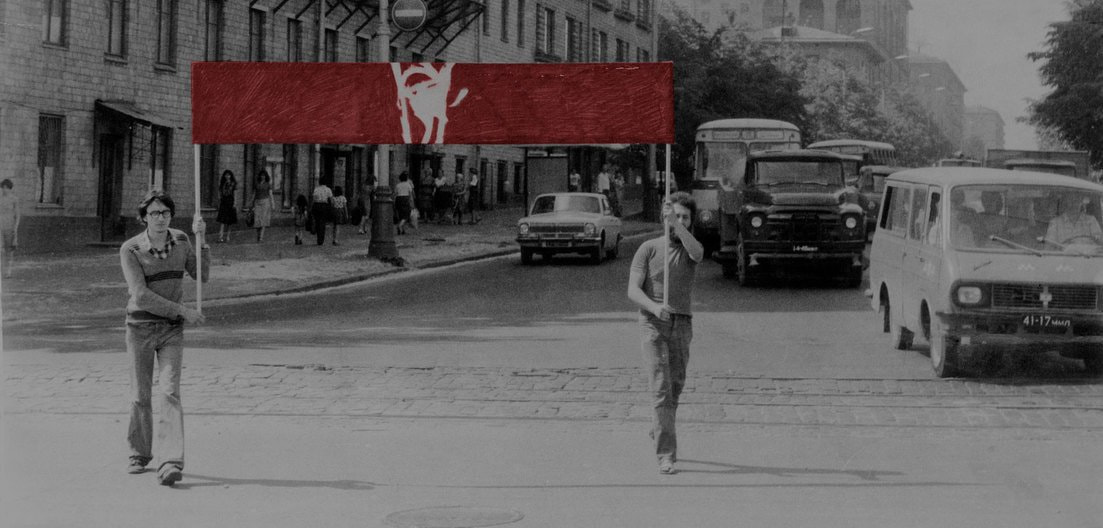Records from Garage 1st International Conference
December 2013 was the centenary of the seminal Cubo-Futurist performance Victory Over the Sun created by Kazimir Malevich, Alexei Kruchenych, and Mikhail Matyushin, which premiered in St. Petersburg in 1913. The performance caused quite a stir, since it broke with tradition in a number of ways, from the unconventional subject matter celebrating man's technological potential and innovative anti-realist costumes in shocking colors, to the chaotic music and nonsensical lyrics. Today, this ground-breaking piece can be considered the first avant-garde performance in Russia.
In the century that has followed, artists have continuously defied and challenged not only pre-established artistic traditions, but also social and moral conventions. By pushing the boundaries time after time, often creating situations where art and life converge, they pose questions that go beyond aesthetics, introducing an ethical dimension to the artistic experience.
To mark the centenary of performance art in Russia and to explore the complex relationship between ethics and aesthetics in the development of performance today, Garage presented its first international conference, "Performance Art: Ethics in Action." The conference was also the first on this topic in Russia.
Tracing the evolution of Russian performance art in relation to parallel developments around the world, the conference focused on the radical experiments from the early 20th century avant-garde to the present day that have brought art beyond aesthetics into real-world situations. The two days were divided into thematic sessions, including a session on the Russian experience and a session introducing international parallels or divergences.
Each of the sessions explores the complex relationship between ethics and aesthetics in the development of performance today through questions including:
- Why did certain forms of artistic actions historically emerge in Russia?
- How do these examples resonate with the current situation in a more global context, and what lessons can be learned?
- How does an artistic action become a personal ethical experience, and how can this experience be shared with an audience?
- What are the tendencies in performance art today?
- What are the economic, social, and political conditions by which they are predefined, and where will they take us?
